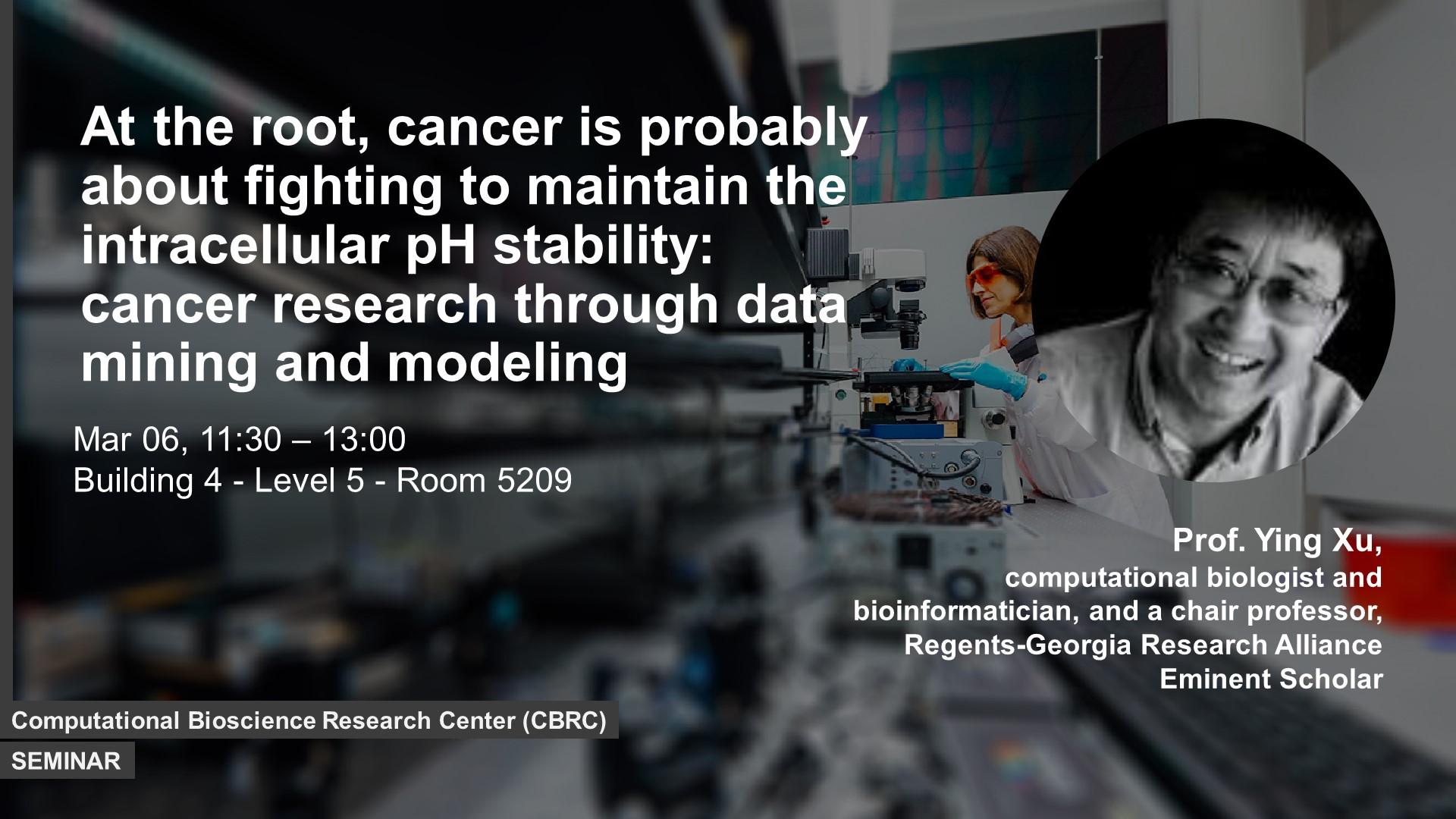Abstract
Over one million research articles have been published about cancer, but yet our understanding about cancer is undeniably little. We are yet to understand some of the most basic questions such as: (1) why some cancers such as pancreatic or liver cancers are so deadly while other cancers such as basal cell carcinoma or thyroid cancer are rarely life-threatening? or (2) why some cancers are highly drug-resistant while other cancers are not? In this talk, I present some of our recent discoveries made through mining omic data of large numbers of cancer tissue samples. Our analyses strongly suggest that all cancer tissue cells have high levels of Fenton reactions, which continuously produce OH-, to which the affected cells respond fiercely to maintain the pH stability as changes in the intracellular pH would have profound impacts on the viability of the cells. As a result, cells mobilize a variety of ways to accomplish this at very high costs. Some of the long-standing open questions and basic questions like the above can be answered naturally using our new model.
Brief Biography
Ying Xu is the "Regents and Georgia Research Alliance Eminent Scholar" Chair of bioinformatics and computational biology and Professor in the Biochemistry and Molecular Biology Department since 2003 and was the Founding Director of the Institute of Bioinformatics, the University of Georgia (UGA). He also holds a part-time Qianren (type B) Chair Professor position and a Changjiang Chair position at Jilin University of China. He received his Ph.D. degree in theoretical computer science from the University of Colorado at Boulder in 1991. He started his bioinformatics career in 1993 when he joined Oak Ridge National Lab. His current research interests are in (a) cancer systems biology and (b) microbial genomics and systems biology. He has over 300 publications, including five books, and has given over 200 invited/contributed talks at conferences, research organizations, and universities.
